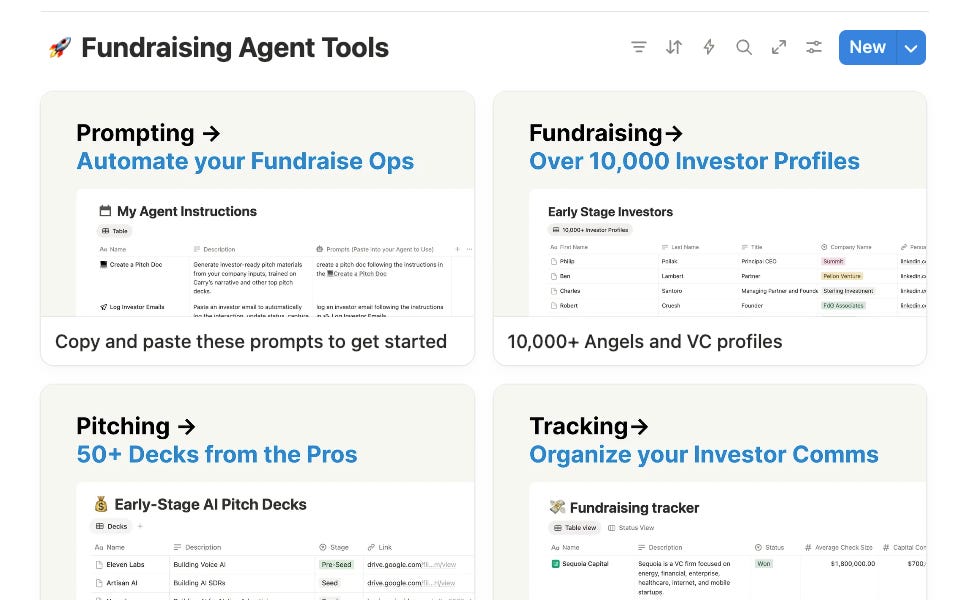Mark Zuckerberg’s settlement Thursday of a $7 billion shareholder case cut short the most promising test to date for one of corporate law’s most potent, yet elusive, liability theories.
Terms of the accord, announced one day into trial, remain undisclosed. The agreement would resolve allegations Zuckerberg and other Meta Platforms Inc. leaders turned a blind eye to red flags involving Cambridge Analytica—a consulting firm hired by President Donald Trump’s 2016 campaign—then got themselves out of trouble by funding a $5 billion fine with investor money. The pact requires court approval.
The case in Delaware’s Chancery Court presented claims asserting a total lack of corporate oversight—a theory no shareholder has ever prevailed on. Although preliminary rulings in recent years have widened the path forward for investors who say officers or directors ignored mission-critical risks, settlements followed. The Cambridge Analytica case was the first to reach trial.
Thursday’s détente averted a potential landmark decision that could’ve clarified the contours of oversight liability for boardroom leaders and their lawyers, who still don’t really know what kind of exposure they’re confronting, said Columbia University law professor Eric Talley.
It’s common for cases to settle just as trial gets underway, before any surprises in court shake up the litigation leverage one last time. Regardless of how hungry the corporate community may be for more judicial guidance, “that’s only beneficial to the general population,” not for parties with skin in the game, according to retired University of Delaware law professor Charles Elson.
“No one likes to be a guinea pig for everyone else,” he said.
Corporate Overhaul
The eight-day trial was expected to draw testimony from a roster of Silicon Valley A-listers—current and former board members—including Zuckerberg, former chief operating officer Sheryl Sandberg, venture capitalist Marc Andreessen, and Palantir Technologies Inc. co-founder Peter Thiel.
Jeffrey Zients, a onetime Meta director who later served as former President Joe Biden’s chief of staff, testified Wednesday.
The dispute represented the latest flashpoint in a cultural cold war among Delaware’s competing corporate constituencies that periodically escalates into open conflict. Presiding over the case was the chief judge of the state’s elite business tribunal, Chancellor Kathaleen St. J. McCormick, who has weathered a barrage of attacks from Elon Musk since voiding his $56 billion pay package last year.
That ruling and several others cracking down on conflicts of interest prompted a legislative push to address the priorities of tech leaders and venture capitalists threatening to leave Delaware, which funds a quarter of its budget with billions in corporate fees.
The bill, which passed in March, was drafted by a panel that included former judges now practicing law at firms linked to Musk and Zuckerberg.
Although every settlement is largely about immediate litigation risks, it’s impossible to divorce Thursday’s news from the company’s recent political activism, according to Elson.
“The context is this significant controversy in which Meta played a role—suggesting they were considering leaving the state, meeting with the governor’s office, then pushing to get the corporate statutes changed,” he said. “It’s not a good look.”
Hot Potato
With the accord’s details under wraps, there’s no way of knowing exactly what brought Meta’s board to the table. The immediacy of having to publicly answer detailed questions about what they knew and when they knew it may have clarified stakes that previously felt remote, according to Southern Methodist University law professor Carliss Chatman.
“There was this idea among people like Musk and Zuckerberg that by bullying the Delaware courts, they could get more of what they want,” she said. “But what I see is that they’re holding the line.”
The trial’s abrupt termination is sure to disappoint court watchers hoping to learn the limits of corporate oversight liability. But although the doctrine’s outer bounds remain unknown, the inherent difficulty in bringing an oversight claim gave the judge a plausible reason for rejecting the lawsuit’s premise without appearing to bend to pressure, according to Talley.
“If she did want to get to a ruling for Zuckerberg, she wouldn’t have to stretch,” he said.
Still, getting the hot potato off her hands may make McCormick the biggest winner at the end of the day, according to Thompson Coburn LLP partner David Kaufman.
Instead of hitting her with criticism from one side, the other, or both, now “people can look at her and say, ‘You did a great job, because you got people to settle this,” he said.
Settlement Approval
Neither Zuckerberg nor Meta’s other directors will have to concede wrongdoing in the settlement, which will likely include an astronomical headline figure and the type of mega-fee request from the shareholder attorneys that has fueled discontent among the boardroom set in recent years, said Widener University law professor Paul Regan.
Despite the missed opportunity for a trial, the accord is still instructive, according to Kaufman, who said it offers an example of how far both sides of an oversight case can push before reaching a deal.
When corporate lawyers are asked, “Should I do this? Should I not to do that?” the answer is usually, “You need to do what other directors do in like circumstances,” he said.
Although McCormick could still shoot down the agreement, that seems unlikely, according to University of Pennsylvania law professor Jill Fisch, who said the late stage of the litigation reduced concerns about “trying to get rid of the case by buying off the plaintiffs’ lawyers.”
“All of the work has been done,” Fisch said. “I would expect this settlement to be more closely tied than usual to what the parties actually expected to be able to prove.”
The case is In re Facebook Inc. Deriv. Litig., Del. Ch., No. 2020-0363.
.png)



